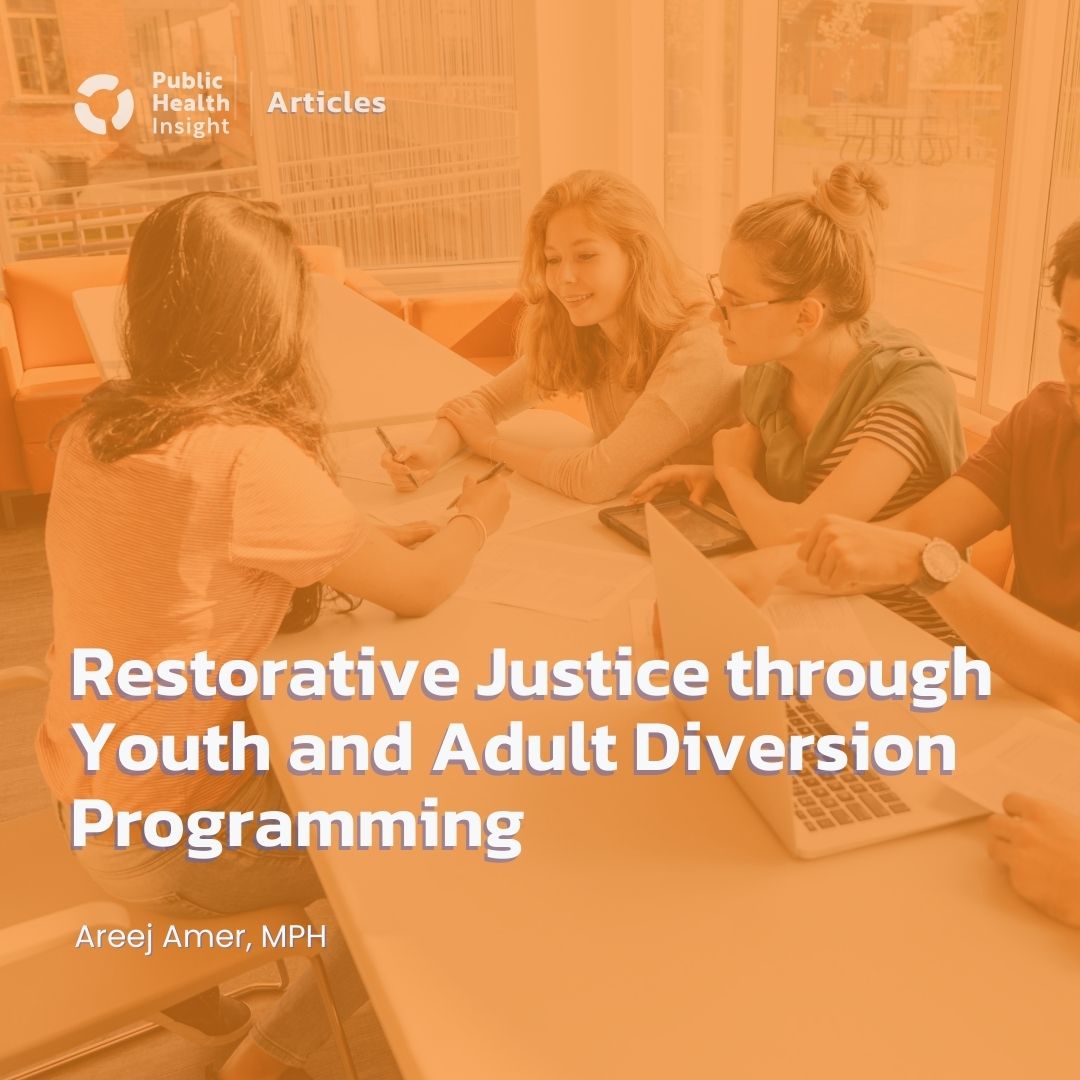
6/11/2023
“The organization [St. Leonard’s Community Services] does great work, and we have to help people understand why that matters.”
Michael Oates,
Executive Director of St. Leonards Community Services
Episode 99 of the Public Health Insight podcast explored the several layers of restorative justice in the programs offered by St. Leonard’s Community Services (SLCS) with Michael Oates, the Executive Director of SLCS. With various examples, real-life experiences and engaging anecdotes, Michael explains the importance of programs offered by St. Leonard’s for the London community. Along with that, Michael sprinkles some career advice in this information-packed, engaging episode, making it a must-listen. As a current Master of Public Health student, I took away several key points from the conversation between Michael Oates and Gordon Thane, which I will break down in this blog post.
In this blog post, we’ll be going over the following:
The mission statement of St. Leonards’s Community Services (SCLS) is “Purposeful Programs for Adults and Youth who are or could be in conflict with the law” (St. Leonard’s Community Services London and Region, 2020). Operating for the past 50 years, these programs are developed to assist people in conflict or at risk of conflict with a restorative practices framework. According to the government of Canada, restorative justice itself means “an approach to justice that seeks to repair harm by providing an opportunity for those harmed and those who take responsibility for the harm to communicate about and address their needs in the aftermath of a crime” (Canada, 2018). Michael Oates talks about how the services provided by SCLS help individuals who are in conflict with crime get access to restorative measures and provide them with various supports. This can occur by setting them up with tools to avoid situations in which they could potentially have an interaction with the justice system (school-based, youth programs or even adult residential programs). We will further explore these specific programs that Michael mentions later in the next section of the blog.

Michael explains youth diversion programs using an example of a teenager aged fifteen or sixteen who gets caught shoplifting. They can either get charged with theft and get a criminal record or participate in a diversion program at the discretion of the arresting officer. Here, the arresting officer has a choice and decision-making ability as it is up to them to charge the individual or send them to a program offered by SCLS. These programs then support the best possible outcome for the individual; in this case, the program would be Extrajudicial Sanction and Measures, which offers successful alternatives to the judicial system for youth (thehealthline.ca, 2022). Then, there are programs that emphasize prevention and youth knowledge offered by the SCLS, the ‘Peer Power and Restorative Approaches’. These are school-based; for SCLS, these are conducted in partnership with the London District Catholic school Board.
For adults who are in conflict with the law or involved in the justice system, there are several community-based programs. These programs can vary from giving individuals tools to help with mental health challenges, challenges with housing, or developmental challenges. Then, there are specific adult residential programs which offer long and short-term options which are uniquely tailored to men and women. Michael discussed halfway houses, which are also known as Community Residential Facilities, which provide a chance for people to make a smooth transition from a correctional facility to a community.
After going through the wonderful programs, all based on a restorative framework offered by SLCS, Gordon asks about Michael’s career; how did he become the executive director of St. Leonard’s Community Services? In this section of the podcast, Michael dives into his career, his start as a physiotherapist, where he worked in a hospital setting for fifteen years learning how mental health and physical health really combined to give the best possible outcome for an individual. Seeing how much primary care has an impact on the trajectory of a person’s life, Michael discusses his shift to taking on more of a leadership role. As a current MPH student, I found this section of the podcast incredibly exciting because of all the different possibilities that lie ahead of me in the context of public health. Michael said something when asked about take-home messages that I found moving, “Work with great people, and let them do their job”. In this last section, Michael also mentions the importance of compassion in public health work. He says, “Why would people want to work with incarcerated individuals? Have a sense of compassion; that good person can make bad decisions; we are all one bad decision away from being one of our clients”. There are many different factors that can conspire against individuals, so being compassionate in public health is incredibly important.
Written by: Areej Amer
Canada,. (2018). Restorative Justice. Justice.gc.ca. https://www.justice.gc.ca/eng/cj-jp/rj-jr/index.html
St. Leonard’s Community Services London and Region. (2020, November 25). St. Leonard’s Community Services London and Region. https://www.slcs.ca/
thehealthline.ca. (2022). St Leonard’s Community Services London and Region – Youth Diversion and School-Based Programs – informationlondon.ca. Information London. https://www.informationlondon.ca/Services/Display/14704/Based_Programs